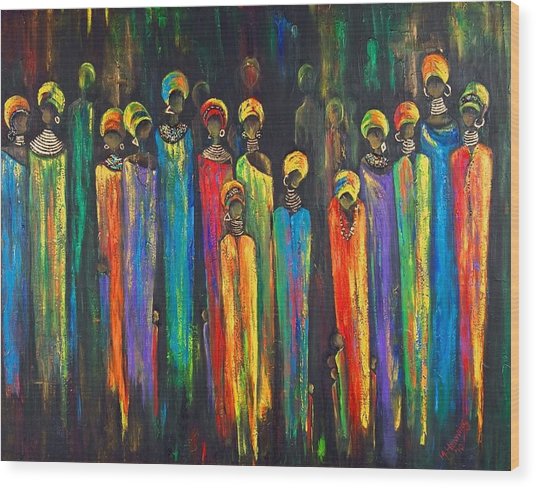
This General Conference Odyssey post is on the April 1984 Priesthood session, where Joseph B. Wirthlin spoke on Restoring the Lost Sheep. His talk was on reactivation but, as a Family History Consultant in my ward, I am always looking for ways to “reactivate” people to do work for their dead. I found this talk helpful in recalling significant ways of helping move the work forward.
First, Elder Wirthlin talks about desire. He says,
“In every instance, those who are successful love what they are doing. It is a well-known fact that the attitude, the thinking of each of us, must be right before we can do what’s right.”
Truer words were never spoken. I’ve run across too many people who say they can’t do Family History because they’re too busy. The bottom line is we are all busy, but we always have time for the things we really want to do. The difference is our attitude, our desire.
Wasn’t it Alma who suggested that simply by desiring to grow our faith, it will grow? “Let this desire work in you, even until ye believe” (Alma 32:27). Why can’t we simply put Family History to the test by desiring to do something/anything until we believe and become committed to it? The fact that our prophet has commanded us to save our dead should help inspire our experimentation.
Elder Wirthlin lists four things that might help to get more people interested in Family History work:
Spiritual Conversion
Our desire can run deep if we allow ourselves to have even just one spiritual experience. I’ve seen more than one person become completely converted to solving the human puzzle after having a personal spiritual experience. I’ve never seen any of my ancestors but I have most definitely sensed their presence and their feelings of urgency.
Social Integration
It is generally known that genealogist can’t stop talking about their ancestors. A friend told me, while just passing me in the church hallway, that during the past week she found 500 ancestors! She was so excited she just had to share the news. It adds to the personal excitement when you can share it with someone who is going to appreciate the success. That just compounds when a group of you are working diligently on the same thing with parallel paths.
Personal Attention
The Family History Department encourages one-on-one teaching moments. Each person will experience their own unique ancestral path and helping someone experience success on that path might be just the thing to wake up the desire within them. That’s really just to get you jump-started on your own adventure because after you get the bug, believe me, you want to share with everyone. Being included in this “family-wide” effort can be very inclusive and connecting.
Use Ministering Brothers and Sisters
Not everyone is interested in Family History research, but most people can find something interesting in their own Family History. Sharing stories with one another, inviting one another to the nearest Family History Center, partnering in common areas or simply sharing the new things you’re learning is a great way to minister.
Conclusion
There is an important purpose for this work. Russell M. Nelson said, “Elijah came not only to stimulate research for ancestors. He also enabled families to be eternally linked beyond the bounds of mortality. Indeed, the opportunity for families to be sealed forever is the real reason for our research” (A New Harvest Time, April 1998).
Doing Family History research has changed drastically over the past few years, months even. As Alma stated, “Exercise a particle of faith, yea, even if ye can no more than desire to believe” (Alma 32:27). Even though you may be afraid of not knowing how to begin, computer programs are practically finding names for us to take to the temple. It’s becoming that simple. But isn’t that often how the Lord works? If we take one step into the dark, He opens up the way for us to see glorious things.
There are many ways to do Family History work. We will be able to find something that interests us to start. Pres. Nelson told a Rootstech crowd,
“Perhaps having family history documents, stories, photos, and memorabilia always before our eyes can strengthen our testimonies (see Mosiah 1:5). As we place them on our walls, our tables, our computers, our iPads, and even our cell phones, maybe we will be prompted to make better choices and draw closer to the Lord and to our families” (Rootstech 2017).
This is the ultimate goal for Elder Wirthlin, Pres. Nelson, all of our leaders, and the entire purpose of heaven: To gather our families together in the temple where families are given the incomprehensible blessing of living in the Kingdom of God together forever.
Painting: Gogo and the Ancestors by Marietjie Henning